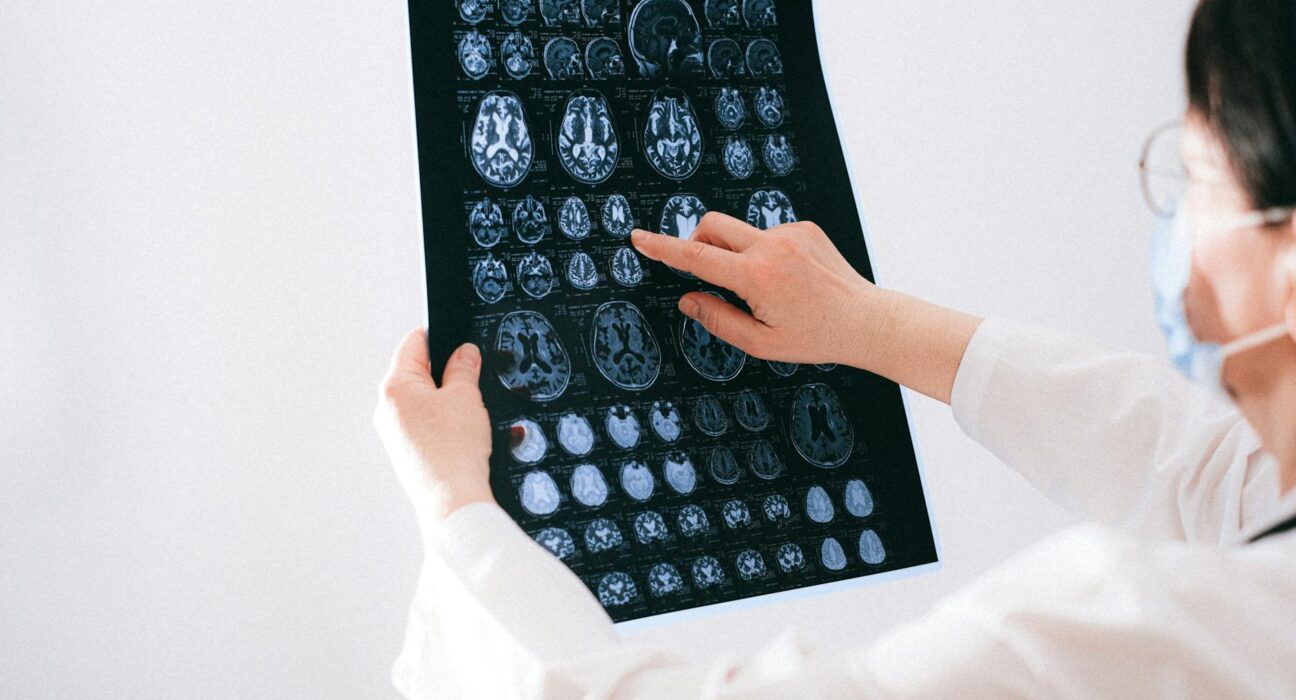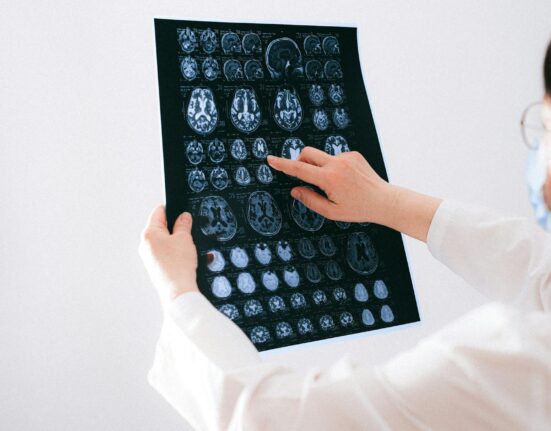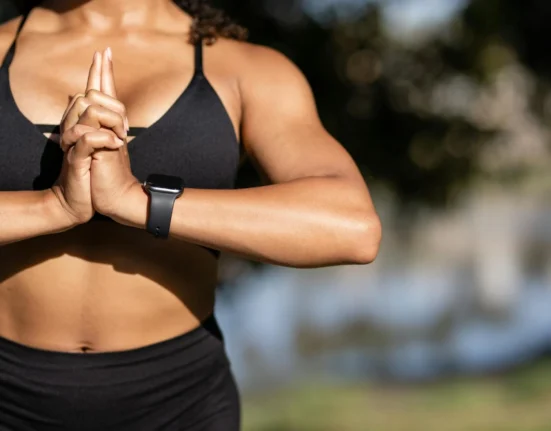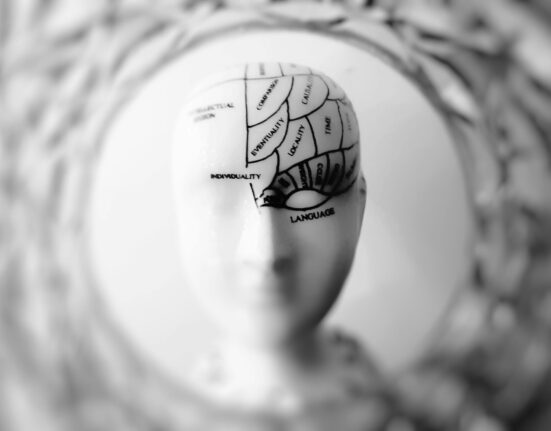The weight feels heavier today. Your focus drifts between reps, and your usual energy is nowhere to be found. Maybe you skipped the water bottle one too many times. Dehydration doesn’t just slow your body—it dulls your mind, turning sharp focus into fog at the worst possible moment.
Staying hydrated isn’t just about quenching thirst. It powers your brain, sharpens decision-making, and keeps reflexes quick when you’re under the bar or mid-sprint. When your fluid levels drop, so does mental clarity, turning a solid workout into a sluggish grind. The connection is simple: water fuels your muscles, but it also fuels the focus you need to push them further.
Why Hydration Matters for the Brain
Your brain is 73% water. Every thought, decision, and muscle command relies on it. Push your body at the gym without enough fluids, and your mental edge fades fast. Hydration isn’t just about endurance—it’s the foundation of sharp focus, quick reactions, and mental stamina.
The Role of Water in Brain Function
Water keeps your brain’s electrical currents firing smoothly. It helps nutrients reach brain cells, flushes toxins, and maintains the delicate balance of electrolytes needed for nerve signals. Without enough, neurons slow down like traffic in the rain—messaging gets delayed, and mental performance dips.
Key ways water supports brain function mid-workout:
- Memory: Hydration maintains synapse flexibility for quick recall (like remembering your next set).
- Focus: Fluid balance keeps attention locked in, resisting distractions.
- Decision-making: Even mild dehydration impairs judgment, making complex lifts or timing feel harder.
How Dehydration Impairs Mental Clarity
A 2% drop in hydration slows reaction times by up to 30%. Your brain literally shrinks temporarily, pulling away from the skull. This strains cognitive tasks, turning simple choices—like adjusting your grip or pacing—into mental hurdles.
Ever felt that mid-workout “fog”? It’s not just fatigue. Dehydration:
- Thickens blood, reducing oxygen flow to the brain.
- Disrupts dopamine and serotonin, sapping motivation.
- Weakens short-term memory (good luck counting reps).
Signs Your Brain Needs More Water
Your body sends signals long before thirst hits. Watch for these during workouts:
- Headache: A tightness creeping in, unrelated to exertion.
- Dizziness: Lightheadedness between sets, even with steady breathing.
- Mood swings: Irritability or mental fatigue that feels out of place.
- Slower reactions: Misjudging weights or tripping over simple footwork.
Ignore these, and your workout suffers twice—your body struggles, and your brain can’t back it up.
Hydration and Gym Performance: The Connection
Your brain isn’t the only thing that needs water to perform—your muscles and coordination rely on it just as much. Skimp on fluids, and every rep, jump, or sprint suffers. Hydration isn’t just about endurance; it directly impacts how your body moves, reacts, and pushes through fatigue.

Photo by Katya Wolf
The Science Behind Hydration and Physical Performance
Water is your body’s built-in shock absorber. It lubricates joints, regulates temperature, and keeps muscles firing without hesitation. When dehydrated, your blood thickens, forcing your heart to work harder to pump oxygen to working muscles. The result? Faster fatigue, slower recovery, and a noticeable drop in power.
Key physiological effects of hydration during exercise:
- Muscle function: Water helps maintain electrolyte balance, preventing cramps and spasms.
- Joint mobility: Synovial fluid, which reduces friction in joints, depends on hydration.
- Temperature control: Sweat cools you down, but without enough water, overheating sabotages performance.
Even a 1-2% loss in body weight from dehydration can cut strength and speed by up to 10%. That’s the difference between hitting a personal best or missing it entirely.
How Water Fuels Muscle and Mind
Hydration is the missing link between physical effort and mental drive. Your muscles contract better when hydrated, but so does your motivation. Dopamine and serotonin, the chemicals that keep you pushing through tough sets, rely on proper fluid balance.
Think of water as the conductor of your workout:
- Coordination: Dehydration delays signals between brain and muscles, making movements clumsy.
- Reaction time: Fluid loss slows nerve responses, turning quick adjustments into slow-motion errors.
- Motivation: Thirst signals compete with focus, pulling mental energy away from your goals.
Next time your workout feels off, check your water intake first. The fix might be simpler than you think.
Practical Tips to Stay Hydrated at the Gym
Water keeps your brain sharp and your body moving, but how do you make hydration effortless during a workout? It’s not just about drinking more. It’s about drinking smarter—before, during, and after exercise.
Best Drinks for Hydration and Energy
Not all fluids work the same. Water is essential, but sometimes your body craves more. Here’s what to reach for:
- Plain water: The gold standard. Sip it throughout your session for steady hydration.
- Electrolyte drinks: Ideal for sessions over 60 minutes or intense sweat sessions. Look for options with sodium and potassium, but skip the excessive sugar.
- Coconut water: A natural alternative to sports drinks, packed with potassium and light carbs.
- Herbal tea (cooled): Try caffeine-free mint or ginger tea pre-workout for gentle hydration without bloating.
Avoid sugary sodas or energy drinks. They spike blood sugar, then crash it mid-set—leaving you sluggish.

Photo by Ketut Subiyanto
Timing Your Water Intake for Optimal Results
Hydration isn’t just about quantity. It’s about rhythm.
Pre-workout (1–2 hours before): Drink 16–20 oz of water. This gives your body time to absorb fluids without mid-set bathroom breaks.
During (every 15–20 minutes): Take 3–4 oz per break. Small, frequent sips prevent sloshing during movement.
Post-workout (within 30 minutes): Replace what you lost. Weigh yourself before and after—for every pound dropped, drink 16–24 oz.
Feeling rushed? Set a phone timer to remind you to sip. Your brain and muscles will thank you.
Recognizing When You Need More Fluids
Thirst is a late warning sign. Watch for these clues during your workout:
- Dry mouth or sticky lips: Your body’s first whisper for water.
- Dark urine post-workout: Aim for pale yellow, like lemonade.
- Unusual fatigue: If your energy dips faster than usual, check your water bottle.
- Muscle twitches or cramps: Electrolytes might be low. Add a pinch of salt to your water or grab a banana.
Keep a bottle in sight. If you’re forgetting to drink, you’re already behind.
Common Hydration Myths Debunked
Hydration advice can be confusing. Some tips sound logical but don’t hold up under scrutiny, and believing them could cost you energy, focus, and performance in the gym. Let’s clear the muddy water.
Thirst Is Not Always a Reliable Indicator
Waiting until you’re thirsty to drink is like waiting for your car’s engine light to flash before adding oil. By then, damage is already in motion. Thirst kicks in after you’re mildly dehydrated, and during workouts, your brain and muscles need water long before your throat feels dry.
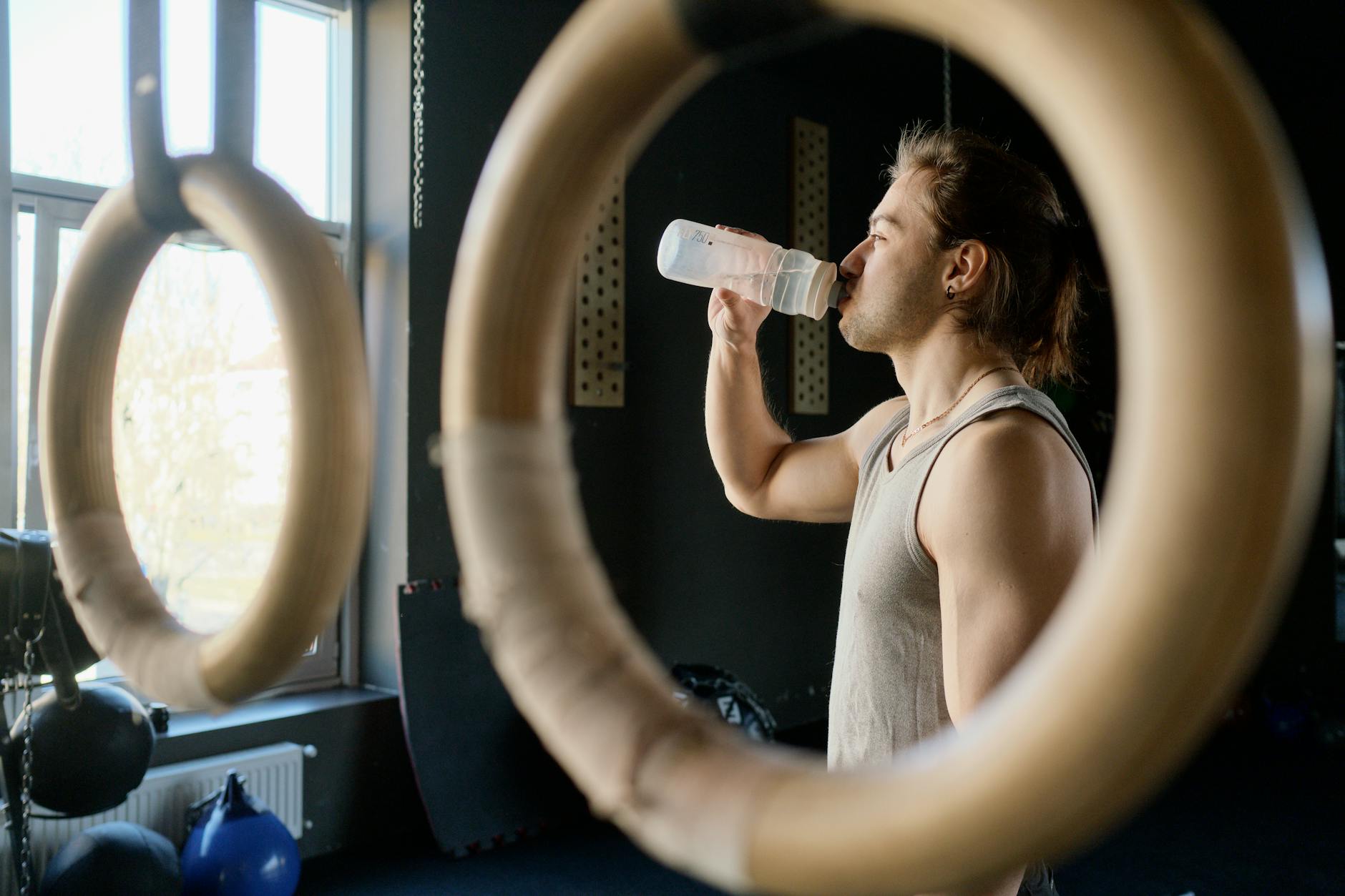
Photo by Ivan Samkov
Key facts about thirst and hydration:
- Thirst lags behind need: Your body loses 1-2% of its water before thirst signals start. That’s enough to slow your reaction time by 30%.
- Exercise masks thirst: Adrenaline and movement can suppress thirst cues, making it easy to overlook dehydration.
- Age dulls thirst: Older adults often feel thirst later, but the rule applies to anyone pushing hard at the gym.
Tip: Sip water every 15-20 minutes during exercise, even if you don’t feel parched. Your brain and muscles will perform better for it.
Not All Beverages Hydrate the Same Way
Grab a soda post-workout, and you might as well pour half of it down the drain. Fluids with high sugar, caffeine, or alcohol can dehydrate you further, forcing your body to work harder to absorb what little water they contain.
What actually hydrates you effectively:
- Water: Absorbs quickly with zero interference from additives.
- Electrolyte drinks: Replace sodium and potassium lost through sweat, but avoid brands with more sugar than a candy bar.
- Milk: The balance of protein, carbs, and electrolytes makes it surprisingly effective for rehydration.
What to skip when hydration matters:
- Sugary sports drinks: The sugar rush might feel energizing, but it spikes insulin, messing with fluid balance.
- Coffee or energy drinks: Caffeine is a mild diuretic, making you lose more water than you take in.
- Alcohol: Even a post-workout beer dehydrates by blocking the hormone that helps your body retain water.
Hydration isn’t just about drinking something wet. It’s about choosing liquids that your brain and body can actually use.
The Long-Term Benefits of Hydration for Brain and Body
Hydration isn’t just a workout hack. It’s a daily habit with compounding returns, sharpening your mind and strengthening your body long after you leave the gym. When water becomes a rhythm, not just a reaction, everything from mental clarity to muscle recovery gets easier.

Photo by illustrate Digital Ug
Cognitive Benefits Beyond the Gym
Your brain thrives on consistency. Hydrate well over weeks and months, and you’ll notice mental perks that outlast any single workout:
- Memory retention: Water supports the hippocampus, the brain’s filing system. Regular hydration helps cement new skills, like perfecting a deadlift form or memorizing a workout routine.
- Mood stability: Dehydration spikes cortisol, the stress hormone. Staying hydrated keeps stress responses in check, making post-workout recovery feel smoother.
- Problem-solving speed: Well-hydrated brains process information faster. Ever notice how water breaks during study sessions or work tasks clear mental fog? The same applies to strategizing gym progressions.
Neuroscience backs it up. A 2021 study found adults who drank 2.5 liters daily had 14% faster cognitive processing speeds than those who skimped. That’s the difference between forgetting your rep count and nailing complex interval timings.
Physical Health Perks of Staying Hydrated
Water does more than prevent cramps mid-squat. It’s the silent partner in long-term fitness gains:
- Joint longevity: Cartilage is 80% water. Keep it lubricated, and you’ll move with less stiffness during workouts—and decades later.
- Muscle repair: Hydration speeds nutrient delivery to muscles post-workout, cutting downtime between sessions.
- Metabolic efficiency: Even mild dehydration slows metabolism by 3%. Drink enough, and your body burns energy more effectively, both in and out of the gym.
The payoff compounds. A 2023 study tracking gym-goers for a year found those who maintained optimal hydration had 23% fewer injuries and recovered 19% faster between sessions. That’s more gains with fewer setbacks.
Your water bottle isn’t just a workout tool. It’s an investment in how well your brain and body function tomorrow, next month, and beyond.
Conclusion
Your water bottle is just as important as your gym shoes. Without enough fluids, your brain stumbles, your muscles sputter, and workouts feel harder than they should. Hydration isn’t just about endurance—it’s the secret to sharp focus, quicker reactions, and lasting energy.
Start small. Sip before you’re thirsty, track your intake, and notice how clarity returns. Your brain and body work better when watered. Next session, let your drink be the first thing you pack. The weight will feel lighter, the reps cleaner, and the mind sharper.
Hydration isn’t a chore. It’s the easiest upgrade to your gym performance. Drink up, and outthink your limits.


